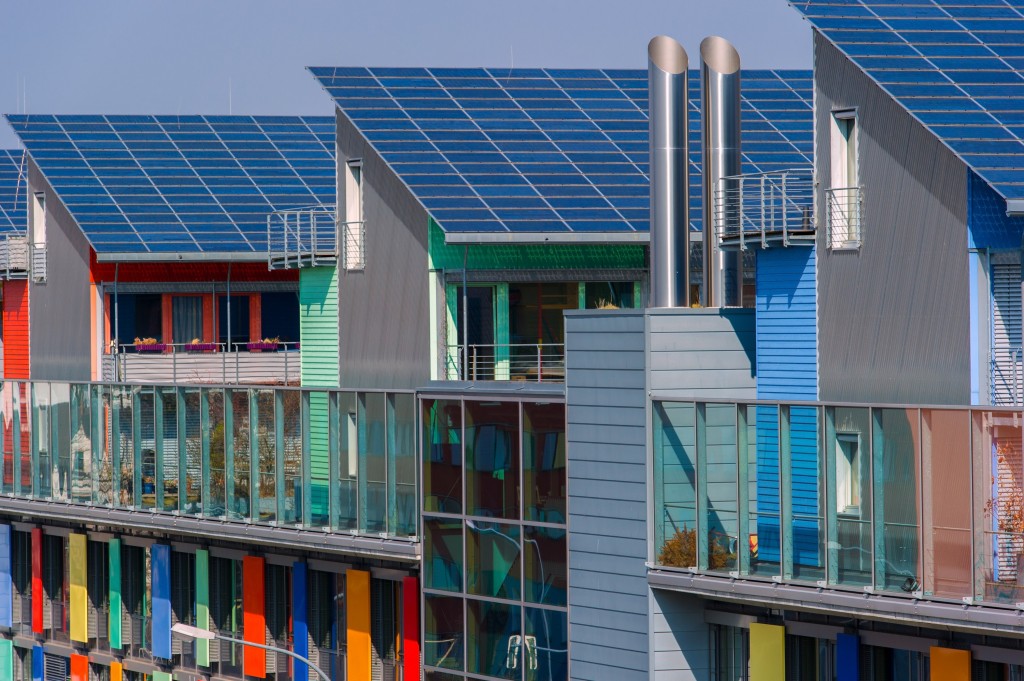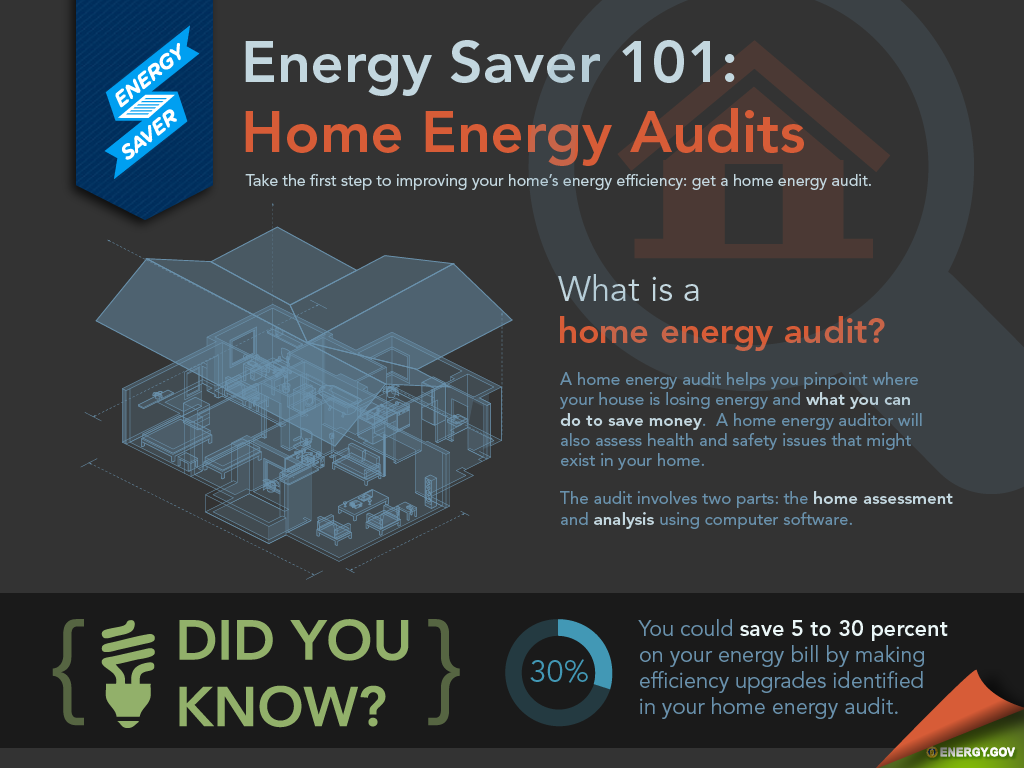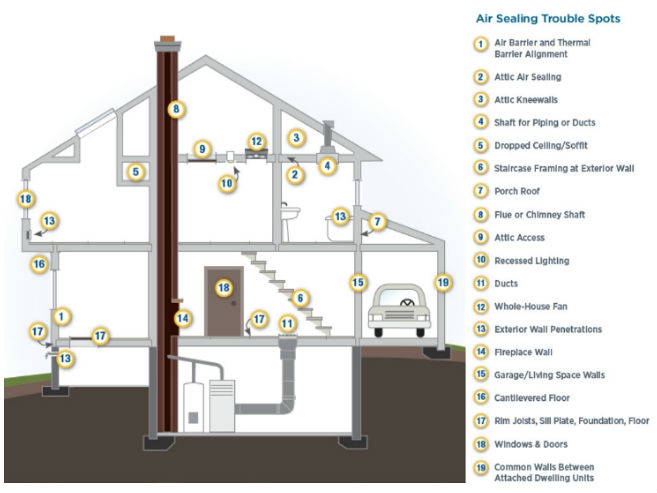Professional energy assessments generally go into great detail to assess your home’s energy use. The energy auditor will do a room-by-room examination of the residence, as well as a thorough examination of past utility bills. Many professional energy assessments will include a blower door test. Most will also include a thermographic scan. There’s also another type… Keep reading →
Home Energy Audit
Professional Home Energy Audits
By U.S. Department of EnergySign up and get Breaking Energy news in your inbox.
We will never sell or share your information without your consent. See our privacy policy.#AskEnergySaver: Answering Your Home-Energy Saving Questions
By US Department of EnergyIn 2012, the average American family spent 2.7 percent of their household income on home energy bills. While this might not sound like a lot, it adds up to almost $2,000 a year in energy costs. And much of that energy — 20 percent or more — is wasted on things like air leaks, poor insulation, and inefficient heating… Keep reading →
#AskEnergySaver: HomeEnergy Audits
By US Department of EnergyTo help you save money by saving energy, we launched #AskEnergy — a new series that gives you access to some of the Energy Department’s home energy efficiency experts. Over the next year, experts from the Department and our National Labs will be answering your energy-saving questions and sharing their advice on ways to improve your home’s… Keep reading →
In 2012, the average American family spent 2.7 percent of their household income on home energy bills. While this might not sound like a lot, it adds up to almost $2,000 a year in energy costs. And much of that energy — 20 percent or more — is wasted on things like air leaks, poor insulation, and inefficient heating… Keep reading →
Reducing the amount of air that leaks in and out of your home is a cost-effective way to cut heating and cooling costs, improve durability, increase comfort, and create a healthier indoor environment. Caulking and weatherstripping are two simple and effective air-sealing techniques that offer quick returns on investment, often one year or less. Caulk is generally used for… Keep reading →





